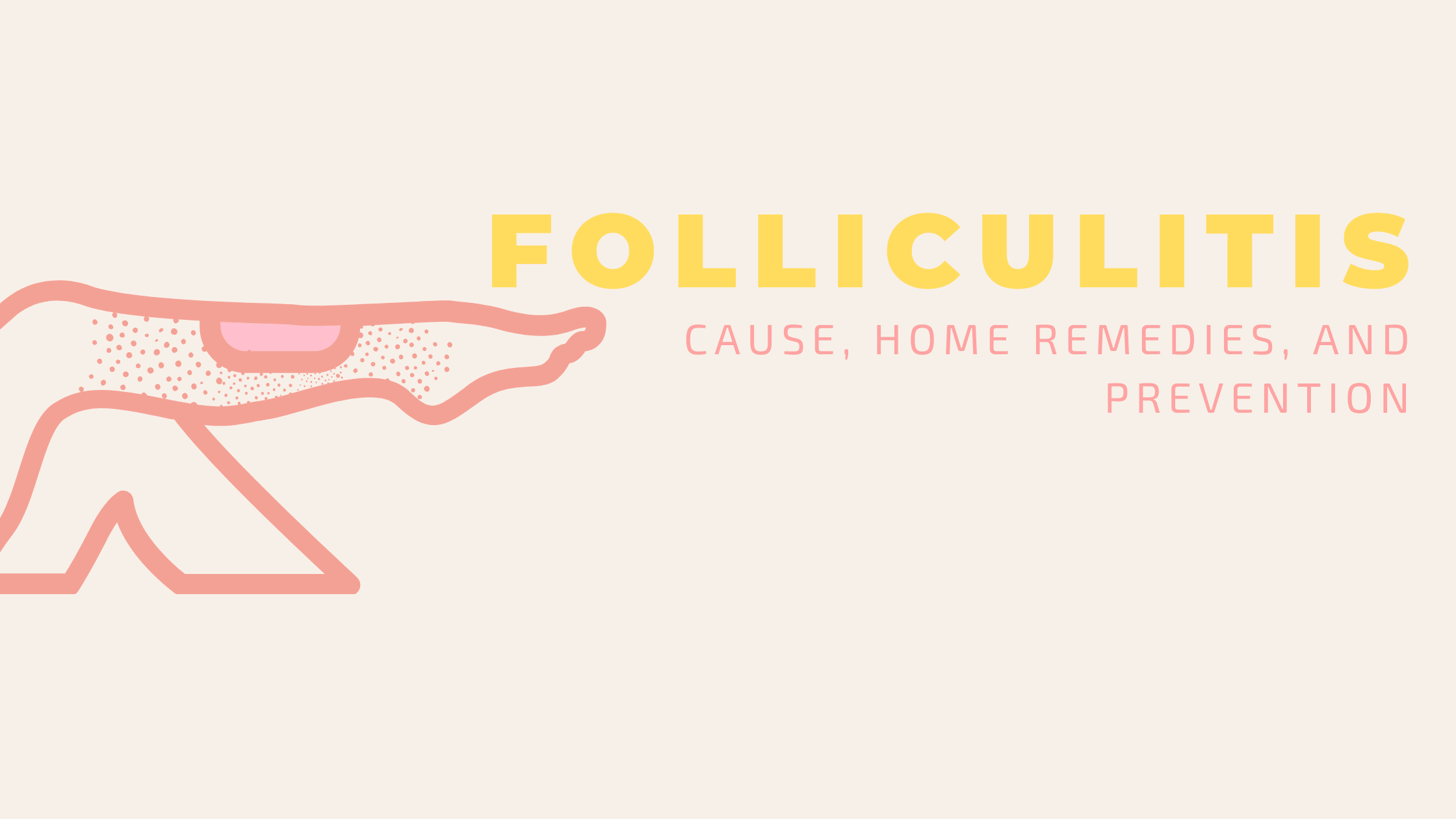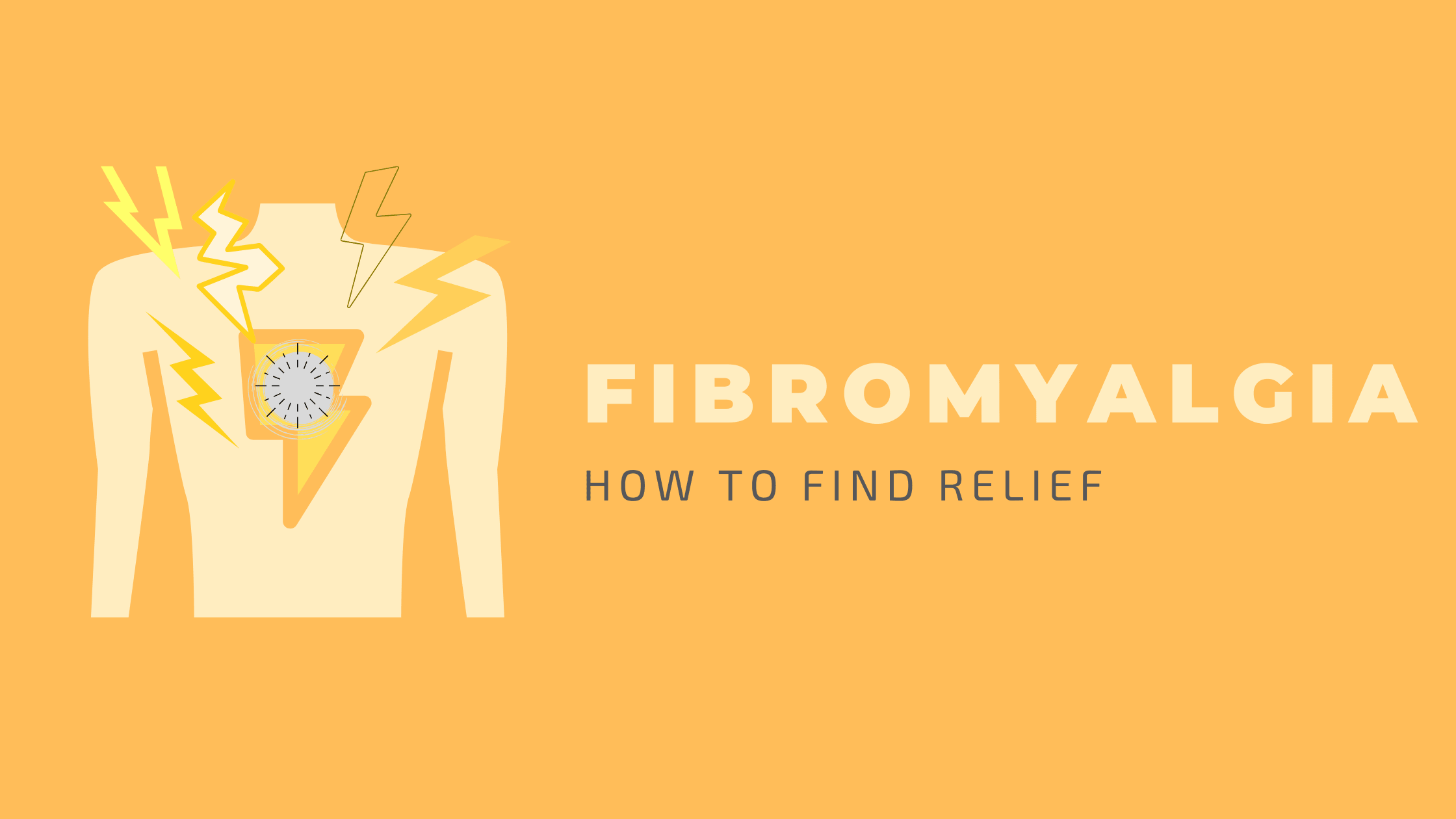
Types and Safety of Plastic Bottles
Glass is rarely used for most personal care or cosmetic products. On the other hand, plastic is everywhere in products we use daily, including food, cleaning products, even care of newborn babies. Most plastic containers are identified by a symbol and number on the bottom. This blog will help you understand what the symbols mean and which are safe and which not so safe.

Safe Types of Plastics Flare-Ups
- #1 PETE - Polyethylene terephthalate (PET) is commonly used for most bottled water, soda, cooking oils, juice, and other foods. This type of plastic is the safest as long as it's not exposed to heat, such as left in the sun, or reused. When reused, exposed to heat or left in the sun, this type of plastic can leach the chemical phthalate. Phthalates have been linked to be hazardous to health. As long as not exposed to heat, they are safe, and easily recycled for a variety of products. - Recycling of PETE: Picked up through most curbside recycling programs. - Recycled into: Fleece, fiber, tote bags, furniture, carpet, paneling, straps
- #2 HDPE - High-density polyethylene is used for milk, larger water bottles, detergent bottles, oil, personal care product bottles, and toys plastic bags. This plastic type is considered as generally safe. It is recycled for a variety of products. - Recycling of HDPE: Picked up through most curbside recycling programs, although some allow only those containers with necks. - Recycled uses: Laundry detergent bottles, oil bottles, pens, recycling containers, floor tile, drainage pipe, lumber, benches, doghouses, picnic tables, fencing
- #4 LDPE - Low-density polyethylene is used for squeezable tubes and other uses. Not known to leach any harmful chemicals. Not as widely recycled as #1 and #2. - Recycling of LDPE: LDPE is not often recycled through curbside programs, but some communities will accept it. Plastic shopping bags can be returned to many stores for recycling. - Recycled Uses: Trash can liners and cans, compost bins, shipping envelopes, paneling, lumber, landscaping ties, floor tile
- #5 PP - Polypropylene is used for deli soup containers, yogurt containers, drinking straws, baby diapers, Rubbermaid containers, some plastic baby bottles, hot liquids, ketchup bottles and other cloudy plastic bottles. Number 5 plastics can be recycled through some curbside programs.
Unsafe Types of Plastics
- #3 V or PVC - Vinyl/polyvinyl chloride is used for vegetable oil bottles, Appalachian Mountain spring water, and some plastic squeeze bottles. May leach hormone-disrupting chemicals di-2-ethylhexyl phthalate (DEHP). It is not recyclable.
- #6 PS - Polystyrene is used for most opaque plastic cutlery, plastic plates, cups, styrofoam and meat packaging. May leach styrene, which may cause cancer. Not recyclable.
- #7 OTHER - Polycarbonate contains bisphenol-A (BPA) and is used mostly for plastic baby bottles, five gallon water jugs, teething rings, pacifiers, re-usable sports bottles, clear "sippy" cups, some clear plastic cutlery, and inner lining of food cans. BPA has been linked to human breast cancer cell growth, since it mimics estrogen. Not recyclable.
Aluminum Tubes for Toothpaste
Tubes that are lined with aluminum are often used for toothpaste, specially those with fluoride. This type of tube, called laminate, may leach aluminum into the paste if the tube cracks or splits. For years Tom's of Maine used 100% aluminum tubes and maintained that it was safe. However, since 2011, they are moving away from these to plastic tubes.
At Cleure, our focus is on "ingredients with intention", and we have always used safe materials to contain our products, including our toothpaste.
More from the Advice by Concern Blog
- Guide to Common Skin Rashes
- How to Choose Soap Free Cleansers
- Simple Sensitive Skin Care Tips
- Choosing Sunscreen for Sensitive Skin
- Care of Sensitive Allergy-Prone Skin
- How to Choose the Best Moisturizer for Sensitive Oily Skin
- Why Fragrance-Free Products are Best for Sensitive Skin
- Complete Guide to Sunscreen and Sunburn Prevention



Leave a comment
This site is protected by hCaptcha and the hCaptcha Privacy Policy and Terms of Service apply.